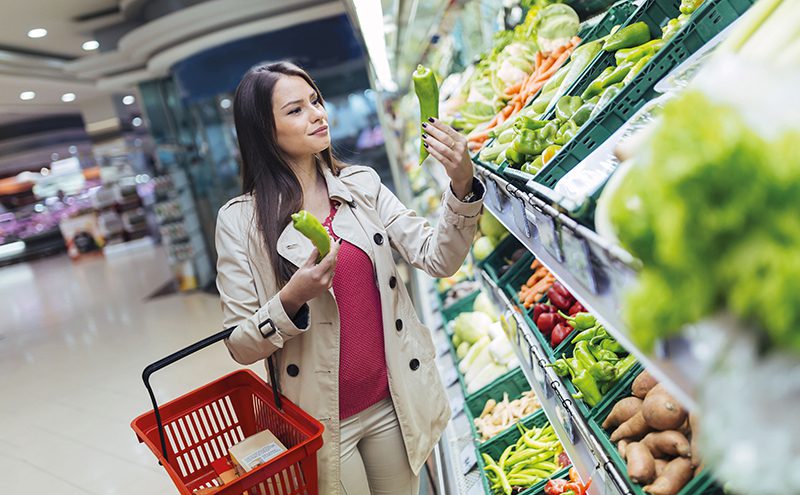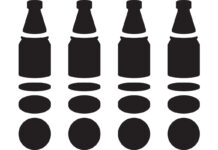
INFLATION and the expansion of the discounters continue to be the two prongs of the fork doing all the heavy lifting in terms of sales growth in the UK’s grocery sector.
The latest figures from Nielsen show shoppers spent 4.2% more on groceries in the four weeks ending 27 January when compared to the previous year. Nielsen has attributed this growth to inflation and Hogmanay falling within the reporting period, giving alcohol sales a 10% lift and soft drinks an 8% increase.
Inflation and the luck of the calendar don’t appear to be the only factors influencing the increase in grocery spend as Nielsen’s 4.2% growth figure drops to 2.7% when Lidl and Aldi are removed from the equation.
Figures released by Kantar Worldpanel reinforce the prominent position the discounters now occupy in the UK grocery market.
Data for the 12 weeks to 28 January released by Kantar shows Lidl was the fastest-growing retailer for the period, with sales climbing 16.3% followed closely by Aldi, up by 16.2%. The two firms now have an 11.9% share of the UK grocery market according to Kantar, 1.2 percentage points above the nation’s fourth biggest supermarket Morrisons.
January wasn’t just a fruitful period for discounters. A number of categories also benefited from the healthier focus brought on by New Years resolutions and trends such as ‘Veganuary’.
Fraser McKevitt, head of retail and consumer insight at Kantar Worldpanel, explained: “As consumers look to more healthy alternatives following the holiday, trends like Veganuary have taken off and now 29% of evening meals contain no meat or fish at all.
“This sustained interest in vegan and vegetarian diets is reflected in the chilled aisle – over January one in 10 shoppers bought a meat-free ready meal, causing sales to rocket by 15% compared to this time last year.”






















